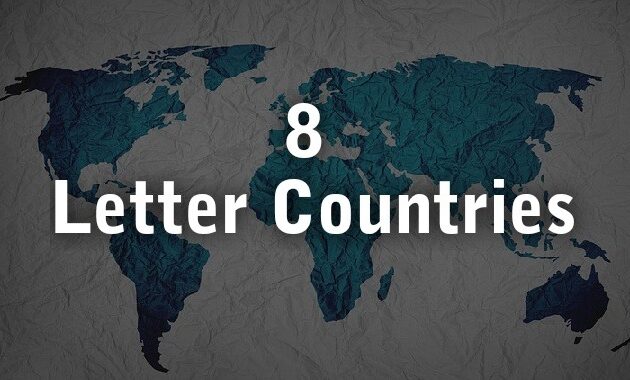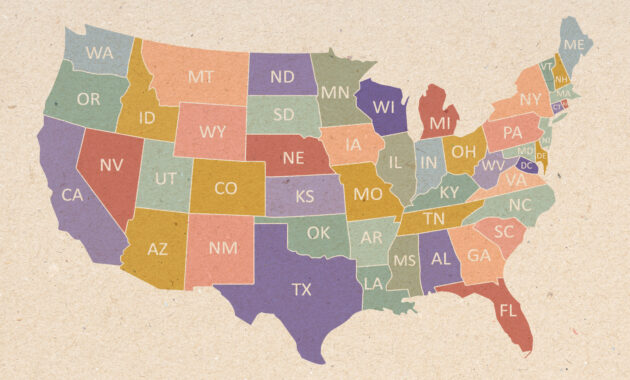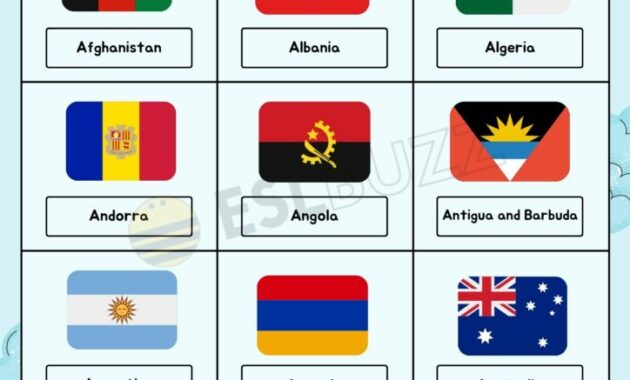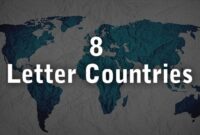Embark on a fascinating journey around the globe, exploring the intriguing landscape of nations that operate outside the realm of the Hague Apostille Convention. This convention, formally known as the Hague Convention Abolishing the Requirement of Legalisation for Foreign Public Documents, serves as a streamlined process for authenticating documents for use in foreign countries. But what about those nations that haven’t embraced this system? Let’s delve into the complexities and nuances of dealing with official documents in non-Hague countries.
Understanding the Hague Apostille Convention
Before we venture into the world of non-Hague countries, it’s essential to grasp the fundamental principles of the Hague Apostille Convention. Imagine you have a birth certificate issued in the United States and you need to use it in Germany. Without the Hague Convention, you’d have to go through a multi-step authentication process involving various government agencies, potentially including the U.S. Department of State and the German embassy or consulate. This can be a time-consuming and bureaucratic ordeal.
The Hague Apostille Convention simplifies this process. Participating countries recognize a special certificate called an “apostille” issued by a designated authority in the country where the document originated. This apostille essentially certifies the authenticity of the underlying document, making it acceptable for use in any other Hague Convention country. It’s a significant efficiency boost for international transactions, legal proceedings, and personal matters like immigration and marriage.
However, the convention is not universally adopted. Numerous countries, for various reasons, have chosen not to participate. This leads us to the crucial question: What happens when you need to use a document in a non-Hague country?
Navigating the Authentication Process in Non-Hague Countries
When dealing with non-Hague countries, the authentication process becomes more involved, typically requiring legalization. Legalization is the process of authenticating a document through a series of certifications by government agencies in both the country where the document originated and the country where it will be used.
The specific steps involved in legalization can vary depending on the countries involved and the type of document. However, a common procedure often includes the following:
- Notarization: The document is first notarized by a qualified notary public. This confirms the identity of the person signing the document and verifies that they did so willingly.
- Authentication by a Competent Authority: In the United States, after notarization, the document typically needs to be authenticated by the Secretary of State of the state where the notary public is commissioned. This step verifies the notary’s signature and seal.
- U.S. Department of State Authentication: The document then proceeds to the U.S. Department of State in Washington, D.C., for further authentication. The Department of State authenticates the signature and seal of the state official.
- Embassy or Consulate Legalization: Finally, the document is submitted to the embassy or consulate of the non-Hague country where the document will be used. The embassy or consulate legalizes the document, confirming the authenticity of the signatures and seals of the U.S. officials.
This multi-layered process can be complex and time-consuming, often requiring careful coordination and adherence to specific requirements of each agency involved. It’s crucial to plan ahead and seek guidance from experienced professionals who specialize in document legalization.
Challenges and Considerations
Dealing with non-Hague countries presents several challenges that individuals and organizations should be aware of:
- Time: The legalization process can take significantly longer than obtaining an apostille, sometimes weeks or even months, depending on the countries and agencies involved.
- Cost: Legalization typically involves fees at each stage of the process, including notarization, authentication by state and federal agencies, and legalization by the embassy or consulate. These costs can add up quickly.
- Complexity: Navigating the requirements of different government agencies can be confusing and frustrating. Specific procedures and documentation may vary, requiring careful attention to detail.
- Translation: In some cases, the document may need to be translated into the official language of the non-Hague country. The translation must be certified by a qualified translator.
- Document Specifics: The type of document can significantly impact the legalization process. For example, business documents may require additional certifications or legal opinions.
Given these challenges, it’s often advisable to seek professional assistance from companies specializing in document legalization. These companies have the expertise and experience to navigate the complex requirements and ensure that your documents are properly authenticated for use in non-Hague countries.
The Importance of Due Diligence
Regardless of whether you’re dealing with a Hague or non-Hague country, it’s essential to exercise due diligence to ensure that your documents are properly authenticated and accepted. This includes:
- Verifying Requirements: Contact the relevant authorities in the country where you intend to use the document to confirm the specific requirements for authentication and legalization.
- Planning Ahead: Start the authentication process well in advance of your deadline to allow ample time for processing.
- Using Reputable Services: If you choose to use a document legalization service, select a reputable company with a proven track record.
- Maintaining Records: Keep copies of all documents and receipts related to the authentication process.
By taking these precautions, you can minimize the risk of delays or rejection and ensure that your documents are properly recognized in the intended country.
Visual Examples
Nation One

This is an example of how a flag for a non-Hague country might look. Imagine preparing official documents for use here; the process will require careful legalization, adhering to the specific regulations of Nation One’s government.
Nation Two

Similarly, when dealing with Nation Two, a non-Hague member, the authentication pathway diverges from the streamlined apostille route. The traditional legalization through respective embassies and consulates becomes essential to guarantee the international recognition of documents.
In conclusion, understanding the intricacies of document authentication in non-Hague countries is crucial for anyone involved in international transactions, legal proceedings, or personal matters. While the process can be more complex and time-consuming than dealing with Hague Convention countries, with careful planning, due diligence, and, if needed, professional assistance, you can navigate the challenges and ensure that your documents are properly authenticated for use in the intended country.
If you are looking for List of Non-Hague Countries | LIN you’ve visit to the right place. We have 5 Pics about List of Non-Hague Countries | LIN like Vacations: Non-Hague Countries – Krol & Krol, Barristers & Solicitors, List of Non-Hague Countries | LIN and also Vacations: Non-Hague Countries – Krol & Krol, Barristers & Solicitors. Here it is:
List Of Non-Hague Countries | LIN

lawrenceinstitutefornotariesevents.com
List of Non-Hague Countries | LIN
List Of Non-Hague Countries | LIN

lawrenceinstitutefornotariesevents.com
List of Non-Hague Countries | LIN
List Of Non-Hague Countries | LIN

lawrenceinstitutefornotariesevents.com
List of Non-Hague Countries | LIN
List Of Non-Hague Countries | LIN

lawrenceinstitutefornotariesevents.com
List of Non-Hague Countries | LIN
Vacations: Non-Hague Countries – Krol & Krol, Barristers & Solicitors

krol.ca
Vacations: Non-Hague Countries – Krol & Krol, Barristers & Solicitors …
List of non-hague countries. list of non-hague countries. List of non-hague countries











